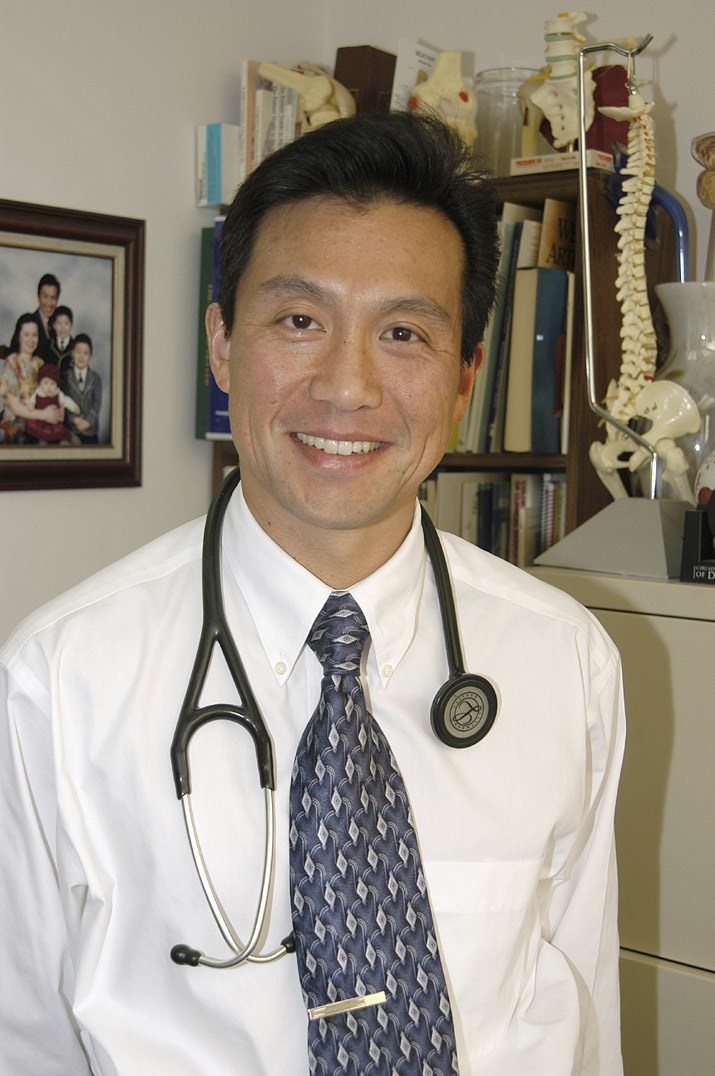Change is an unavoidable reality of life. Children grow up, and we all age. We suffer from losses, disease and accidents, and the unexpected happens.
We change as the people around us change. We grow closer and further apart.
Change might be welcomed. When people are unhappy and don’t know why or feel that they’re stuck in a rut, they may break off a relationship or quit their job though they may be no happier in the end.
If our current circumstances are not great – we’re passing through a rough patch, we can look forward to them changing as well.
As I comfort my patients with constipation and gas, this too shall pass.
We must accept the good with the bad and change itself, but we don’t have to take it lying down. We need not give up or simply wait for life to get better.
We must accept also our personal responsibility and choice. How can we be agents of positive change?
When confronted by problems, we can seek the positive.
What can we do to rise above complacency, surrender and self-pity? How can we launch into action? What can we do with what we have? How can we make our lives and the lives of others better?
The transformation of problems into goals can energize and empower us.
Yet we must ensure that our actions are considered and deliberate and not short-term reactions.
Visualization of your future self is a key to success.
In clinical hypnosis, we engage the powerful subconscious mind with vivid imagery appealing to all the senses.
Dr. Lee Pulos, a well-known clinical psychologist and hypnotherapist, recommended an ecology check on our goals to ensure that it was not harmful in any way to others.
Visualize yourself in the future. Where do you want to be in a year from now? In five years? in 10? At the end of life? How would you like to be remembered?
When considering our short-term goals, we ought to consider our mega-goals.
If our short-term goals are unplanned and reactive, we will find ourselves far from where we want to be.
If we don’t align our daily actions with our deepest values and our noblest calling, we may not realize the life we were meant to live.
Many of us have considered the 100 places we’d like to see before we die, but a more significant list should include the top things we would like to do in life.
What actions would bring you the greatest meaning and fulfilment? What can you say and what can you do to realize the potential of this life and your relationships?
The answers should resonate in your goals.
What will you do today to move in the direction of those goals?



